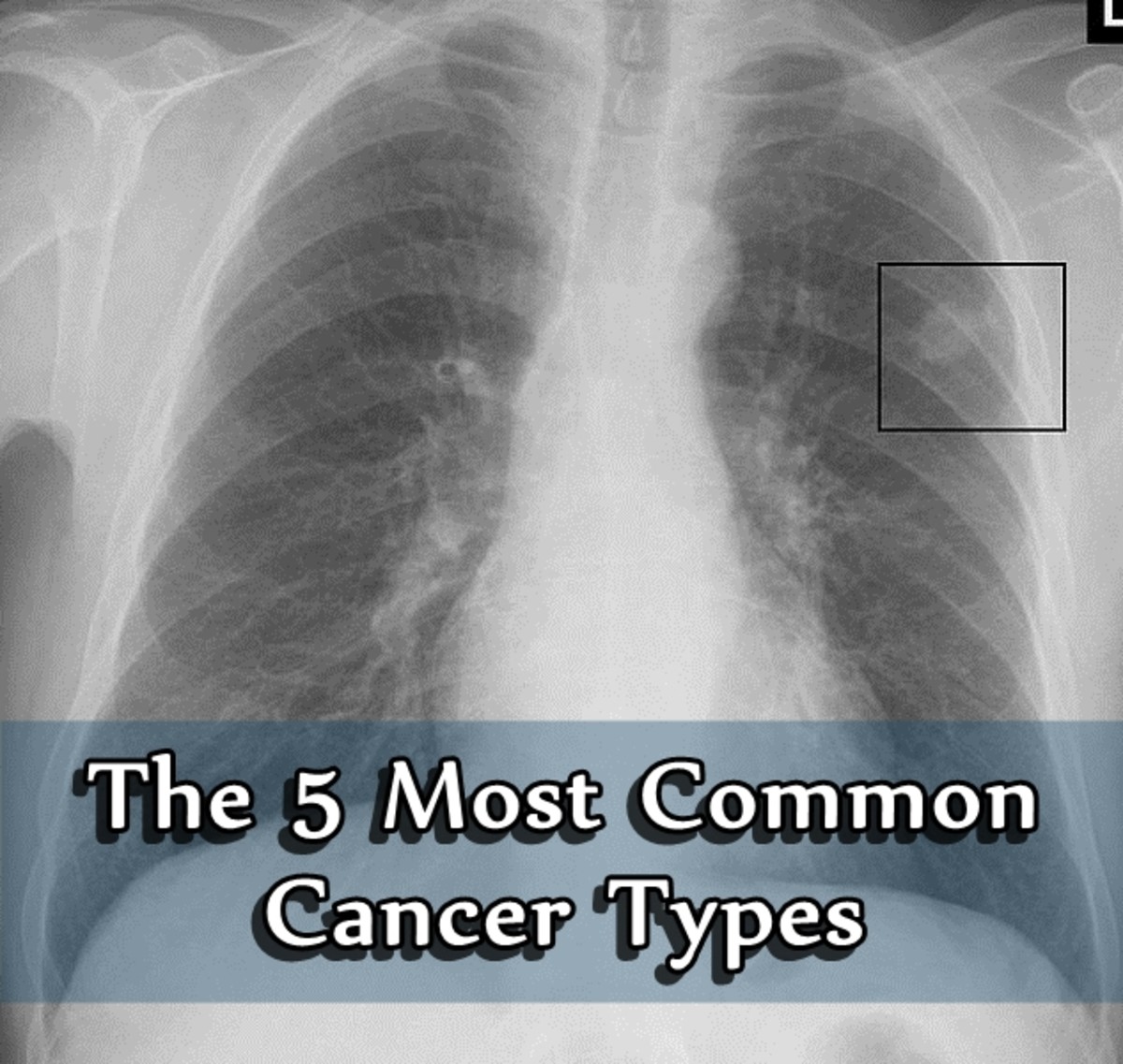Understand breast cancer
Breast cancer is the most common cancer in women, which occurs when abnormal cells grow out of control in one or both breasts. It occurs in one out of nine women. But if detected early, up to 90 percent of the breast cancer patient can be cured. However, it often is fatal.
Risk factors
Risk factors include heredity (sister or mother with the disease), diet, smoking, aging and. alcohol consumption. Breast cancer is much more common in older women than in younger women. Your breast cancer risk increases as you age. You have a higher risk if a close family member, especially your mother or sister, has had breast cancer.
Using hormone therapy after menopause raises your risk. This includes estrogen-progestin and estrogen-testosterone. Using estrogen by itself may slightly raise breast cancer risk. Women who inherit certain genes called BRCA1 and BRCA2 are more likely to have breast cancer. Some other things are known to increase your risk, such as having extra body fat, being inactive, or drinking alcohol (these lead to higher levels of estrogen in the body).
Types of breast cancer
1. Ductal carcinoma. This is the most common type which begins in the lining of the ducts.
2. Lobular carcinoma. This type of breast cancer occurs in the lobules (milk-producing glands). Lobular carcinoma is another common breast cancer
3. Paget's disease. This type is a rare form of breast cancer that begins in the glands in or under the skin. Typical symptom is inflamed, red patches on the skin. The patches can occur in sweat glands, in the groin, or near the anus. This cancer often originates from breast duct cancer, the eczema-like cancer usually appears around the nipple.
If not diagnosed or detected promptly, the cancer cells can spread to other part of the body. When breast cancer spreads (metastasizes) outside the breast, cancer cells are often found in the lymph nodes under the arm. Once the cancer has reached these nodes, it may mean that cancer cells have spread to other parts of the body. When breast cancer spreads, it is called metastatic breast cancer, even though the secondary tumor is in another organ. Treatment often cures breast cancer if it is found before it has spread
Metastatic and recurrent breast cancer occurs when abnormal cells grow out of control in one or both breasts. Breast cancer that comes back in or near the original site after effective treatment is called locally recurrent breast cancer. Cancer that spreads to other parts of the body is called metastatic breast cancer.
Symptoms
The symptoms depend on where the cancer is and how large it is. The most common places for breast cancer to spread are within the breast or to the nearby chest wall or to the liver, lungs, or bones. Common symptoms include a lump in your breast or on your chest wall, bone pain, or shortness of breath. The most common symptom is a painless lump or thickening in the breast or underarm. The skin on the breast may dimple or look like an orange peel. There may be a change in the size or shape of the breast. The nipple may turn in. The skin around it may look scaly. A clear or bloody fluid may come out of the nipple. You may not have any symptoms. Sometimes recurrent or metastatic breast cancer is found with an X-ray or lab test.
Diagnosis
During a regular physical exam, your doctor can check your breasts to look for lumps or changes. Depending on your age and risk factors, the doctor may advise you to have an X-ray of the breast called mammogram. A mammogram can often find a lump that is too small to be felt. Sometimes a woman finds a lump during a breast self-exam.
If there is a lump or other change, the doctor will take a sample of the cells in your breast through a process called biopsy. Sometimes the doctor may use a needle to draw some fluid or tissue (needle biopsy) from the lump. In other cases, a surgeon may take out the whole lump through a small cut in your breast. The results of the biopsy help your doctor determines if you have cancer and what type of cancer it is.
The doctor may use other tests to find out the stage of the cancer, then formulate the treatment plan based on the type and stage of the cancer.
Treatment
Most people who have breast cancer have surgery to remove the cancer. The surgeon may also take out some or all of the lymph nodes under your arm to find out if the cancer has spread to this area. After surgery, you may have radiation therapy to destroy cancer cells. You may also get chemotherapy or hormone therapy. These are powerful medicines that travel through your body to kill cancer cells. You might have radiation, chemotherapy, or hormone therapy before surgery to help shrink the cancer.
Depending on the stage of your cancer, your treatment options include:
Surgery to remove just the cancer from the breast (breast-conserving surgery, or lumpectomy). You will need to have several weeks of radiation after surgery.
Surgery to remove the breast (mastectomy). If you choose mastectomy, you can have an operation to make a new breast. This is called breast reconstruction. Sometimes radiation is not needed after a mastectomy.
In summary, breast cancer is the most common cancer in women. In order to effectively prevent it's occurance or get effective treatment once it occurs, we need to understand its risk factors, symptoms, and some aspects about it's diagnosis and treatment.








